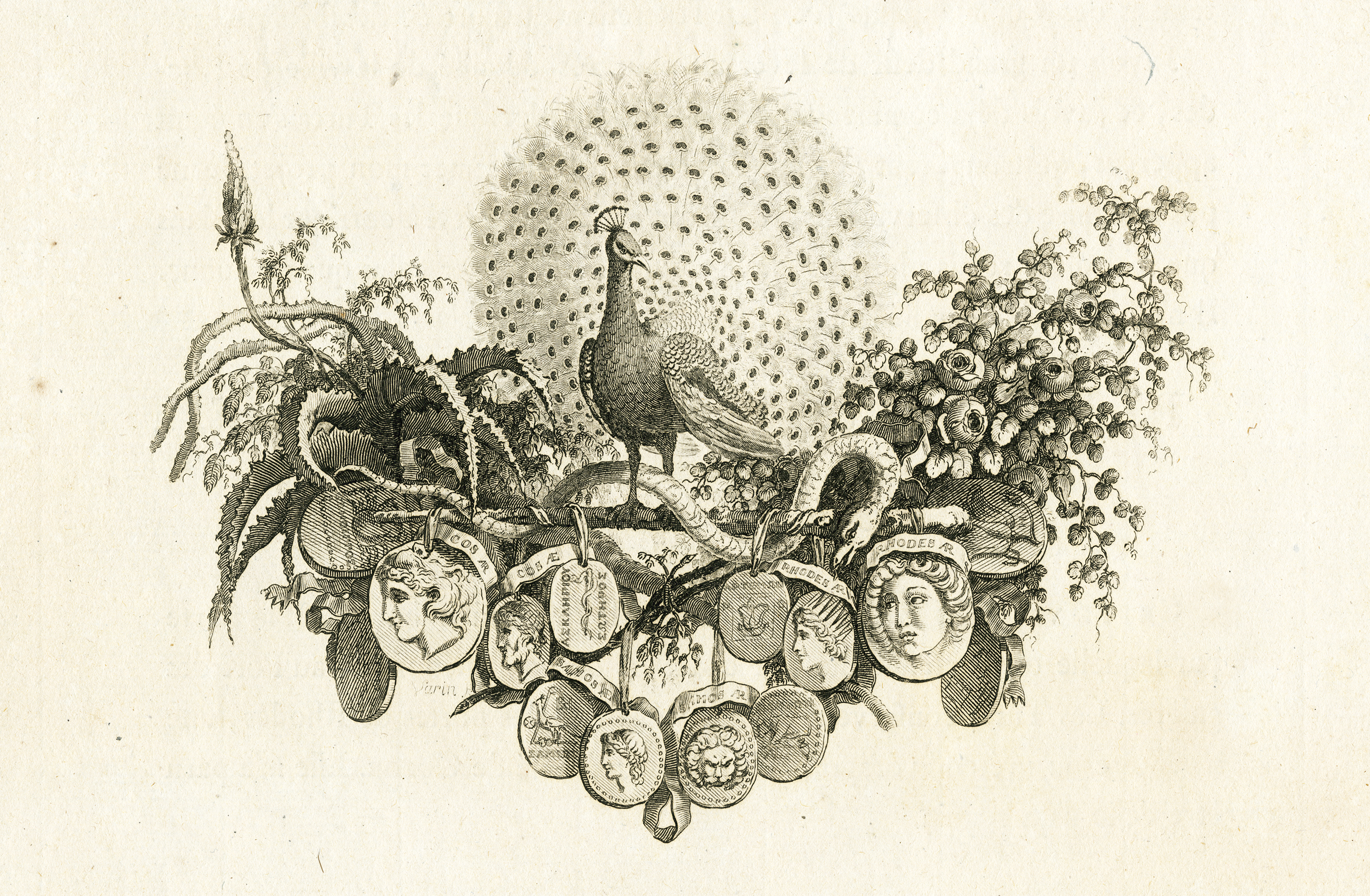While celebrating a special 450th anniversary, Vilnius University Library has launched an updated online platform of the Digital Collections for users. Supplemented with thousands of new documents, the platform will enable simpler search, improved preview of objects and intuitive navigation.

At present updated website provides access to nearly 8 thousand digital objects. Users can search and navigate through Rare Books, Manuscripts, Graphics and Photography collections – the main collections that might be instrumental for studies, scientific research and cultural education. Users interested in preservation of cultural heritage in Lithuania and in the world will find here information on national and international initiatives and projects.
Digital documents’ platform provides access to the most valuable collections kept at VU Library such as early Lithuanian writings, incunabula, the first printed books published until the 15th century, collections of old atlases and maps of unique value. One of the most interesting historical collections of the library – the Court Books of the Grand Duchy of Lithuania – is among the digital documents as well. It consists of manuscript deed books and book fragments from the 16th to the 19th centuries representing wide political, juridical, social, and economic panorama of Lithuanian history.
A part of documents that used to belong or were written by members of the Lithuanian nobility has also been digitised. The nobility of the Grand Duchy of Lithuania (GDL) was comprised of the brightest and most influential members of families of various confessions – Goštautai (Gasztołdowie), Pacai (Pac), Radvilos (Radziwiłł), Sapieha (Sapiegos), Chodkiewicz (Chodkevičiai), Ogiński (Oginskiai), Tyszkiewicz (Tiškevičiai) and others. Archives of the nobility are comprised of legal documents, real estate and property management agreements, correspondence and other documents.
Researchers of artistic objects will find on the website a collection of graphic prints from as early as the 16th century created by Lithuanian, Russian, Polish and other European artists. Early photography lovers will be given an opportunity to look through the works of professional and amateur photographers picturing nature, architectural monuments, portraits of people and various ethnic and national groups, and findings of archaeological excavations.

Vilnius University Library is one of the first national memory institutions that have been at the forefront of efforts to digitise valuable for Lithuania and the world documentary cultural heritage objects. By engaging in national and international projects for preserving cultural heritage in digital environment, the library is aiming to ensure accessibility of the library’s documentary heritage for all users.
Photo: railway tunnel in Paneriai. Juozas Čechavičius (Józef Czechowicz, around 1873)
